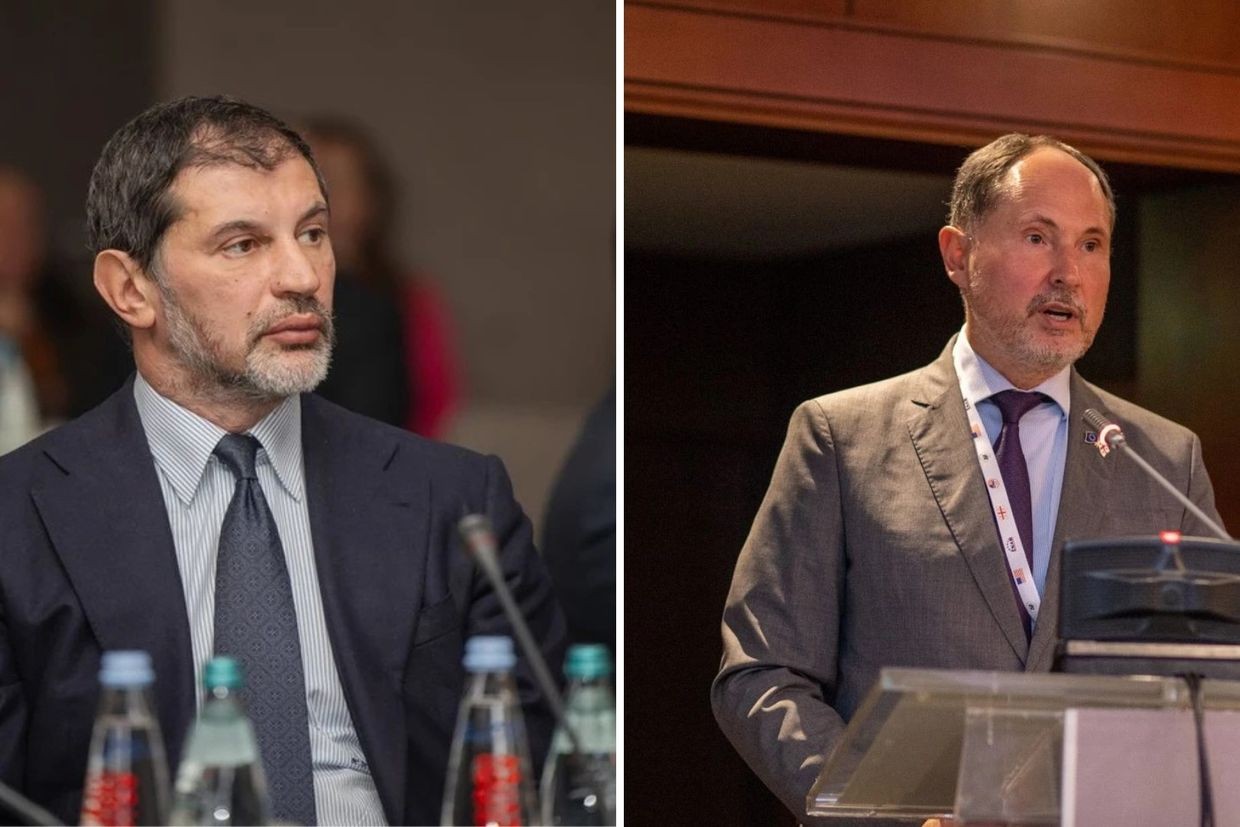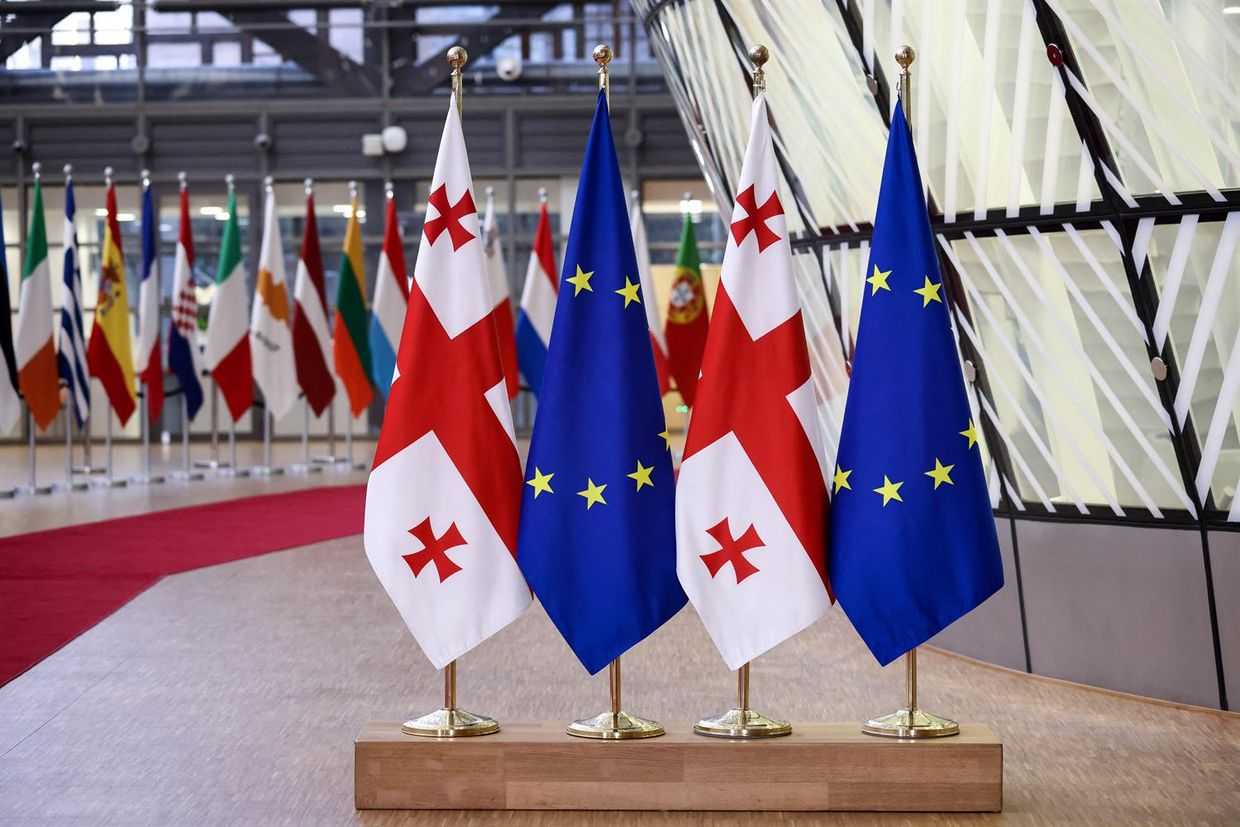Tbilisi Mayor Kaladze ‘would expel’ EU Ambassador in Georgia if it were up to him

Tbilisi Mayor Kakha Kaladze said that if it were up to him, he would expel EU Ambassador Paweł Herczyński from the country. Kaladze’s comments came in response to Herczyński’s criticism of the ruling Georgian Dream party in an interview given to local media.
According to Kaladze, ‘the EU bureaucracy didn’t like the outcome of the 26 October [2024 elections]’.
‘They were defeated and are now using every possible method to provoke a coup, confrontation, and polarisation in the country’, Kaladze said.
In a scathing remark, he added that ‘all the misfortune happening in the country comes from Western bureaucracy — through their funding, their support, their financial capabilities’.
‘As for the EU ambassador, this is my stance and my view: If it were up to me, I would expel him without hesitation. First and foremost, they should respect Georgian statehood. The EU ambassador or any foreign envoy has no right to interfere in the country’s internal political affairs or contribute to societal division and polarisation’, Kaladze said.
Kaladze’s angry remarks followed Herczyński’s 18 July interview given to IPN.
According to IPN’s translation, Herczyński said that halting repression in Georgia, releasing those unjustly detained, repealing repressive laws, and engaging in open dialogue were the only ways to resolve the crisis and return to the path towards EU membership.
Herczyński also denied claims that the EU is blackmailing Georgia over its visa-free regime.
‘The EU has provided broad support for Georgia’s stability and prosperity over the years. We firmly support the country’s sovereignty and territorial integrity and remain fully committed to the European aspirations of the Georgian people’, he said.
Prior to Kaladze, Georgian Dream MP Irakli Zarkua had also voiced the idea of expelling ambassadors critical of Georgian Dream.

Since Georgia secured EU candidate status in 2023, relations between Tbilisi and Brussels have plummeted, spurred on by a variety of actions taken by the ruling Georgian Dream party that are widely seen as eroding the country’s democratic institutions.
This included the adoption of several pieces of repressive legislation, as well as the widespread violations documented during the October 2024 parliamentary elections.
Relations fell further still the following month after the Georgian government announced it was freezing its EU membership bid, violently dispersing protesters against the decision and passing a new barrage of restrictive laws.
The EU, along with the US and the UK, have imposed a number of sanctions and other punitive measures in response.
Another move that has been floated is the suspension of Georgia’s visa-free access to the EU, granted in 2017. Earlier this month, the European Commission warned Georgia about a possible suspension and offered eight recommendations to prevent it.
In response, officials from Georgian Dream repeatedly voiced criticism toward Brussels, equating the recommendations to blackmail.
The ruling party and its allies have placed particular emphasis on the EU’s demand to repeal the law on ‘family values and child protection’, which bans what ruling party calls ‘LGBT propaganda’, as well as same-sex marriage and gender-affirming medical treatment.
Unlike passing sanctions, suspending visa-free status can be agreed on with just a qualified majority, meaning 55% of EU member states representing at least 65% of the total EU population.










